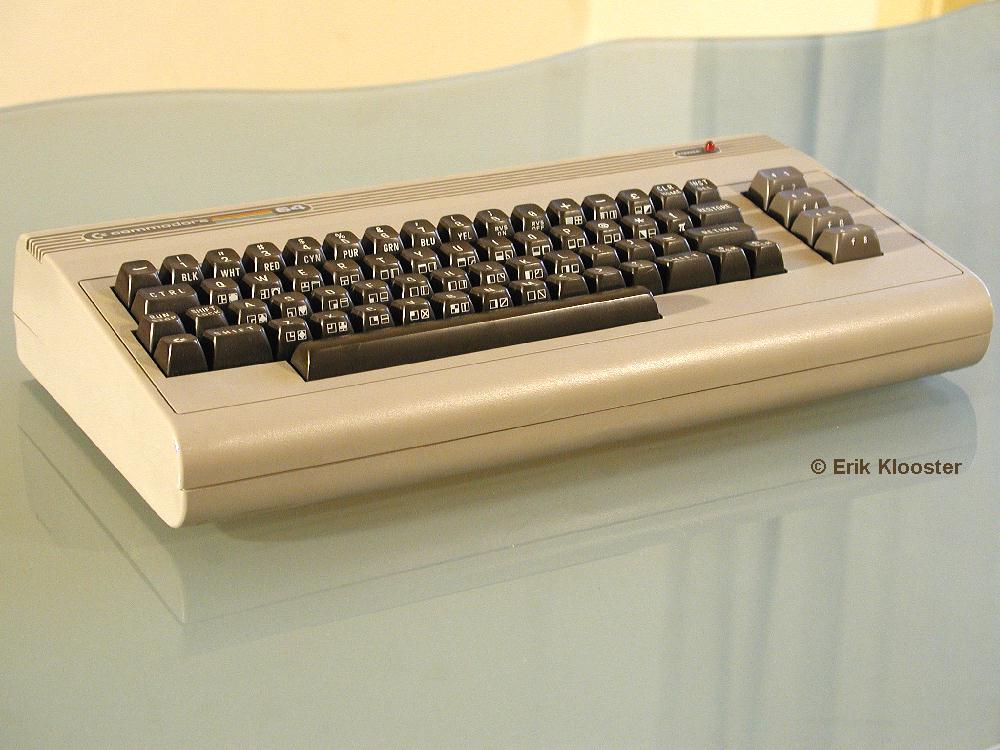
Scrumptious Hardware Ping
Posted on 10/23/2007 4:28:47 PM PDT by gridlock
Those geniuses at Samsung are at it again, and this time they've crammed together so many memory cells so tightly, they've come up with the world's densest flash memory chip. Using a process that packs the cells just 30 nm (30 nanometers, about the length of the smallest virus) away from each of their closest neighbors, now they can pack 64 gigabits of flash memory onto one chip. Layering together 16 of those cells results in a memory card that can hold an incredible 128 GB.
This is a big deal. When more memory can be packed into a smaller space on flash memory cards, the price-per-gig drops. As the capacity of these energy-sipping memory cards increases, they become more practical for use in everyday devices such as laptops, replacing spinning hard drives and promising such features as instant-on, smaller size, less heat and enhanced energy efficiency. We can't wait to see the impact of this technology, expected to hit the market by 2009.

Scrumptious Hardware Ping
And I'll take the one on the left, leaving the one in the middle for Keith Olberman...
I had all this in 1983...

interesting link....I may have to mull that one over.
I Adore My 64.

Cripes, why the hell not??? Talk about making it immune to any Alexdria issues.
You're actually close. Apple is probably Samsung's biggest NAND customer, and has a long-term, high-volume contract with them.
OMG, I want one!
Newer chips are addressing that shortcoming. This IS exciting news. I wonder what their DRAM is going to be like. 1TB of RAM on the desktop would be most welcome.
Nice!! The memory cards are impressive too!
Sweet looking card.(the model holding it isn’t too bad either) And the specs are fantastic, but at $30/GB, the 640GB card will run you a cool $19,200. Doesn’t look like I’ll be picking one up when they come out. :(
heh. That's my thinking! :)
Don’t Forget to Back Up Your Brain
Fox News | Thursday, November 15, 2007 | Corinna Underwood
Posted on 11/16/2007 11:27:29 AM EST by Ancient Drive
http://www.freerepublic.com/focus/f-chat/1926751/posts
As I understand it, although the access times are near instantaneous, the read times are quite slow. In other words, you get the first byte in a hurry, but it takes a long time to read a substantial number of consecutive bytes, so long that these devices are not suitable replacements for HDs in most applications even if the limited writes issue was resolved.
Of course, I demanded little from it -- really sort of a memory typewriter -- but that was real word processing, even if it wasn't typesetting.
And this it did beautifully with a shareware program. I am not sure that it ever hung even once, and I certainly spent no time whatever fretting with issues of any sort. It was very easy and obvious how to get it to do the few (with my application) things that it did. No viruses. No manuals needed. No problems. No updates. Life was simple, but sweet.
BTW, I was just at my local computer surplus retailer. He moves a lot of laptops that have been turned over by big corporations in an upgrade campaign. Most of them have smaller hard disks than are currently supplied with new laptops. He does a brisk business in updating them to a larger disk and more RAM to make them relevant. He was just informed that Seagate and Western Digital are bailing out of the parallel IDE laptop drive business in February. That's not good news given that 90% of current laptops use an IDE drive. The "also ran" suppliers e.g. Fujitsu may remain in the game, but he doesn't want any part of their products. He was financially burned by a run of bad 20GB laptop drives from Fujitsu. He ate the full retail value of over 300 of those bad drives.
Disclaimer: Opinions posted on Free Republic are those of the individual posters and do not necessarily represent the opinion of Free Republic or its management. All materials posted herein are protected by copyright law and the exemption for fair use of copyrighted works.